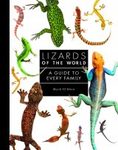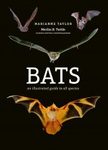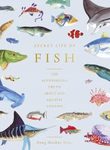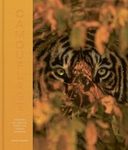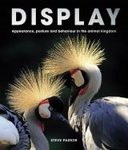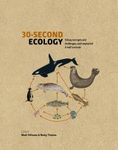Out of Print
By: Carolyn Fry(Author)
192 pages, colour & b/w photos
Carolyn Fry and experts from The Royal Botanic Gardens in Kew profile extraordinary seeds from around the world that are vital for feeding Earth’s growing population and are fundamental to safeguarding the biodiversity on which humanity depends
![Seeds: Safeguarding Our Future Seeds: Safeguarding Our Future]()
Click to have a closer look
About this book
Biography
Related titles
About this book
From the magnificence of a towering redwood to the simple elegance of a tiny dandelion, seed-bearing plants abound on planet earth. The sheer diversity of plants thriving today is largely thanks to the evolution of the seed, as this made plants resilient to environmental changes by enabling them to await optimum conditions for growth before springing to life. In a time of declining biodiversity, studying seeds is now helping scientists preserve this plant diversity for future generations.
Seeds: Safeguarding Our Future offers a celebration of these vital but unassuming packages of life, illustrating just how much the human race owes to them. Through wheat maize and rice, seeds supply the foundations of meals eaten by people around the world. Countless medicines, oils, clothing materials and building supplies are available only because of the versatility and variety of seed-bearing plants. This book provides a comprehensive history of the evolution of seeds, explacing the myriad ways in which they have adapted, survived and thrived across the globe, and delves into the fascinating processes of reproduction, dispersal, dormancy and germination, enriched by a stunning array of full-colour images, Seeds: Safeguarding Our Future also showcases the estimable work conservationists are doing to gather and bank seeds in order to save species from extinction.
Read an extended review on our blog.
Customer Reviews
Biography
Carolyn Fry is a writer and journalist specializing in science, conservation and natural history. She has written six books, covering climate change, botanical explorers and plant science. Carolyn has won many awards, including the European Garden Book Prize for The Plant Hunters.
For Seeds, Carolyn works with experts from The Royal Botanic Gardens, Kew, and its pioneering Millennium Seedbank Project, which aims to safeguard seeds from 25 percent of the world’s plant species by 2020. The Seedbank works with international partners in 80 countries.
Out of Print
By: Carolyn Fry(Author)
192 pages, colour & b/w photos
Carolyn Fry and experts from The Royal Botanic Gardens in Kew profile extraordinary seeds from around the world that are vital for feeding Earth’s growing population and are fundamental to safeguarding the biodiversity on which humanity depends





























